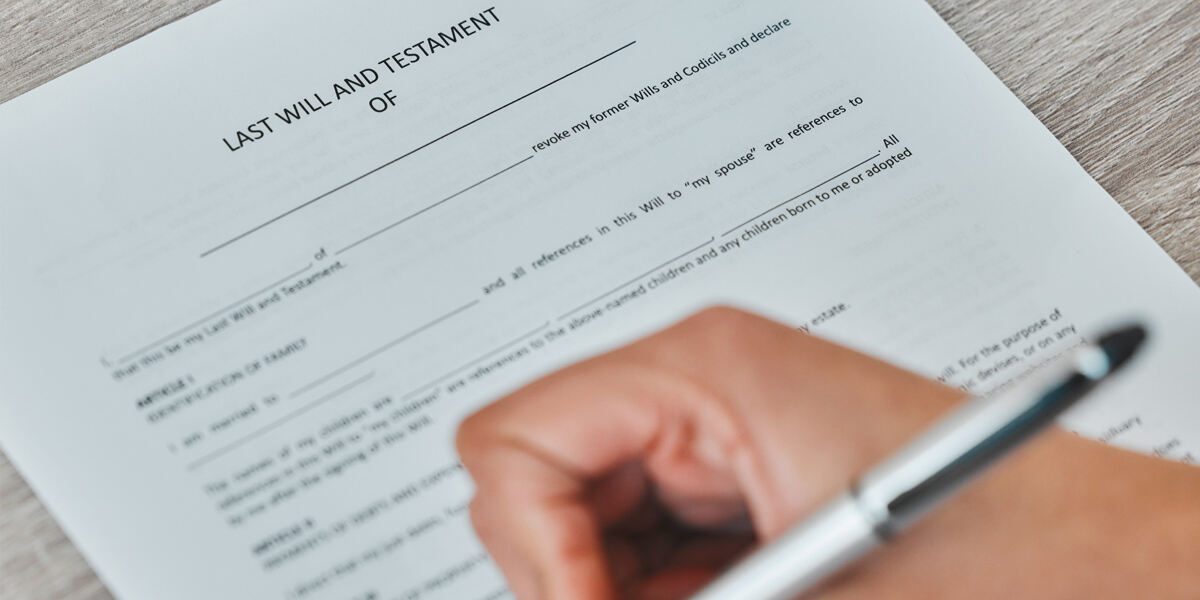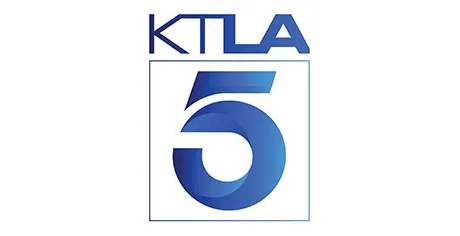Disclaimer: Consumer legal fundings and advances are not loans under applicable financing laws. Rockpoint’s products are non-recourse, meaning if you don’t win your case, you don’t have to pay us back. Receiving financial support in connection with a legal case is typically (and oftentimes incorrectly) referred to as a “lawsuit loan” or “loan.” Therefore, for the ease of search references, these terms may be used in this context to refer to our funding products, but we maintain our separateness from consumer loan products in all legal aspects.
Do you need a copy of a person’s will after their death? Maybe you are expecting an inheritance and want to see the details. Or perhaps you want to distribute copies to all the beneficiaries, hoping no one will challenge the will.
The process for how to obtain a copy of a will differs depending on who you are in relation to the deceased and how the decedent set up their estate plan. Rockpoint Probate Funding explains the general process to locate and secure a copy of a will.
1. Determine Whether You Have a Right To View the Will
Wills become a matter of public record after probate, so anyone can obtain a copy. But before probate is finalized, only certain people have a legal right to see a will.
When someone creates a will, they should assign an executor, who is the person responsible for finding and filing the will along with distributing the assets and carrying out any other instructions. The executor always has legal access to the will. Other individuals’ legal rights to view the will depend on the state.
Generally, the beneficiaries have the right to view the will. Certain other individuals may also have access, such as:
- Estate planning attorneys
- Guardians of any minor beneficiaries
- Agents appointed under a power of attorney
If you aren’t one of these individuals, you can still request a copy of the will. The probate court and/or the executor will determine whether to grant your request.
If you don’t have a legal right to view the will and don’t think the executor will give you a copy, you can always wait until after probate to request a copy through the public record.
2. Understand the Associated Costs
Depending on how you plan to obtain a copy of the will, you may face a few expenses. For example, the probate court may charge a fee for requesting to see the will as part of the public record. If you’re contacting an attorney, you may also owe attorney’s fees.
When seeking a copy of the will, be sure to inquire about costs up front. Understanding what you’ll owe can help you determine how to proceed.
3. Contact the Probate Court
If the will is public record, you can request a copy through the probate court where the will was filed. Here’s how to obtain a copy of a will through the probate court:
- Find where probate was filed. Usually, this is the county where the decedent was residing at the time of their death. You can call the local court in this county to confirm.
- Contact the county clerk’s office. Depending on the county, you may be able to request a copy of the will online, over the phone, or in person. Do a bit of research to determine how this court operates. If you can request the will online, you’ll save yourself some time and hassle.
- Request to view or obtain a certified copy of the will. Probate courts usually let you view the will or obtain a certified copy, which the court stamps and certifies as an exact copy of the official legal document. Viewing the will may be easier if you simply want to verify a line in it.
Depending on the county, you may need to pay a small fee for a certified copy of the will.
4. Speak With the Executor of the Estate
If the will is not yet public record, try contacting the executor of the estate directly to request a copy. The executor is usually someone close to the deceased, such as a spouse or an adult child. They could also be an attorney or accountant who worked with the deceased before their death to create their estate plan.
If you’re unsure who the executor is, contact one of the decedent’s family members, as they will likely know.
5. Sort Through the Person’s Documents, If Applicable
Maybe you’re wondering how to obtain a copy of a will when the will has yet to be found. You may be searching for the will after a loved one’s death or helping the deceased’s family members locate it.
If the deceased had an estate planning attorney, start by contacting their office. The attorney likely has a copy of the will on file, even if you cannot find the will in the decedent’s personal effects.
If you’re unsure whether the decedent had an attorney or you know they did not, sort through their documents to see if you can locate the will. They may have stored their will:
- In a safe
- In a file cabinet in their office
- In a safe deposit box
- With other important documents, like their birth certificate and Social Security card
- On their computer
They may have also distributed copies of the will to their beneficiaries.
Of course, you shouldn’t sort through a person’s documents and belongings unless you have permission. If you’re not close with the decedent, wait for their immediate family to complete this process instead.
Navigating Probate? Seek an Inheritance Loan Through Rockpoint Probate Funding
Do you need to know how to obtain a copy of a will because you’re the beneficiary of a person who recently passed away? Rockpoint Probate Funding can set you up with an inheritance advance while you wait for the probate process to finish.
Contact Rockpoint Probate Funding at 888-263-8588 for a free case evaluation to discover whether you qualify for an inheritance loan. Reach out for assistance today.













